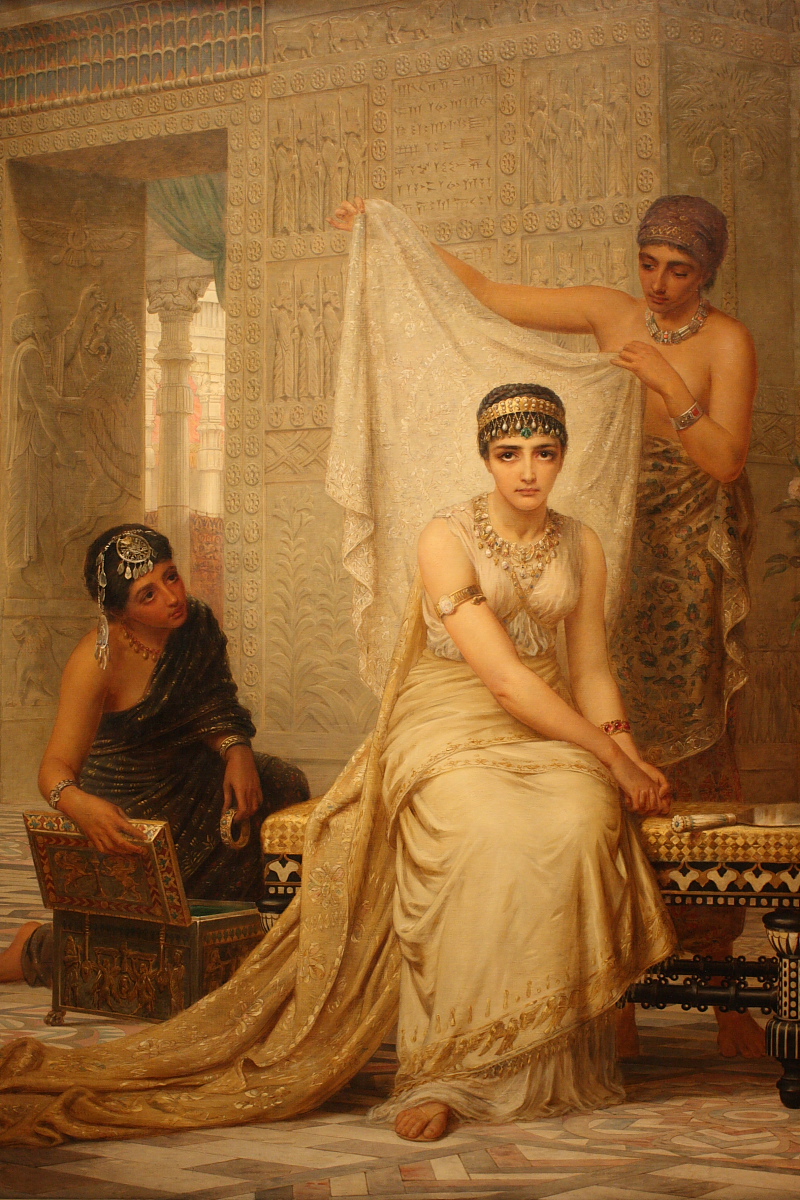Divrei Kabbalah
Rav Soloveichik, in his lecture on כיבוד ועונג שבת (in שעורים לזכר אבא מרי ז"ל) discusses a category of mitzvot that is neither here nor there: דברי קבלה. Divrei kabbala are mitzvot mentioned in Nach, as the Rav explains:
אנו משתמשים במונח דברי קבלה רק במקום שהתקנה או המצוה מדברי סופרים הוזכרה בכתבי הקודש, בנביאים או בכתובים.
These mitzvot or takanot gain their special status by virtue of the fact that they are written in Nach. The Rav explains that Nach has a status of Torah Shebichtav and that it's from this status that divrei kabbalah derive their special authority.
Anyway, let's move on to the examples the Rav brings of divrei kaballah...
Megilla Reading
The Rav points out that the Rambam's(הל' מגילה א:א) formulation in his introduction to Megillah reading is highly unusual:
קריאת המגילה בזמנה, מצות עשה מדברי סופרים. והדברים ידועים שהיא תקנת הנביאים.
The Rav explains that the mitzvot of Purim started out as normal Mitzvot Derabanan, instituted by the beit din hagadol in the form of anshei knesset hagdolah. This takana was accepted by the majority of Am Yisrael(not including the issur melacha). Then, Ester requested the anshei knesset hagdolah to make her book part of Nach. When this request was accepted, then the mitzvot of Purim were elevated to the level of divrei kabbalah by virtue of being mentioned in the Megillah.
Kavod Veoneg Shabbat
This topic also begins with an unusual wording in the Rambam(הל' שבת ל:א):
ארבעה דברים נאמרו בשבת שנים מן התורה ושנים מדברי סופרים והן מפורשין על ידי הנביאים. שבתורה זכור ושמור. ושנתפרשו על ידי הנביאים כבוד ועונג שנאמר וקראת לשבת עונג ולקדוש ה' מכובד.
The Rav says that the mitzvot of Kavod Veoneg Shabbat are also divrei kabbalah. The differ, however, from Megillah reading in that there was no Rabbinic decree that preceded their mention in Nach. The very fact that there were written down as part of Yeshayahu's prophecy, gives them their special status.
The 4 Fasts
Here, the Rambam is in הל' תענית ה:ד
וארבעת ימי הצומות האלו--הרי הן מפורשין בקבלה, "צום הרביעי וצום החמישי וצום השביעי וצום העשירי" (זכריה ח,יט): צום הרביעי--זה שבעה עשר בתמוז, שהוא בחודש הרביעי; וצום החמישי--זה תשעה באב, שהוא בחודש החמישי; וצום השביעי--זה שלושה בתשרי, שהוא בחודש השביעי; וצום העשירי--זה עשרה בטבת, שהוא בחודש העשירי.
The interesting thing here is that Zecharia's words imply that some people were already fasting on these days, but that it wasn't an official taanit tzibur ordained by the sages. By mentioning these fast days in his prophecy, the navi elevated them to official fast days on the level of Divrei Kabalah.



No comments:
Post a Comment